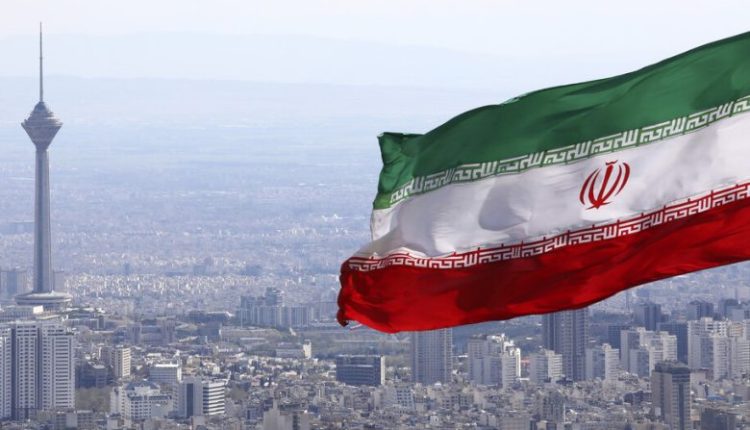Iran Reaffirms Its Stance: Targeted Sites Will Not Be Opened — Inspections Are Subject to National Sovereignty
In a new stance reflecting the firmness of Iran’s position in the face of intelligence warfare and Western pressure, the Iranian Parliament’s National Security and Foreign Policy Committee held an extensive meeting to discuss current “sensitive” security and political developments. The meeting included the Ministers of Foreign Affairs and Intelligence, amid rising U.S. and Zionist threats and ongoing infiltration attempts through the International Atomic Energy Agency (IAEA).
Iran Draws Red Lines: Sovereignty First
Committee spokesman Ebrahim Rezaei stated that the latest inspections conducted by the IAEA did not include the sites targeted during the recent enemy attacks. He explained that the inspections were carried out with official authorization from the Atomic Energy Organization of Iran and under the supervision of the Supreme National Security Council.
Rezaei stressed that Iran has not granted any new permits for access to its sensitive nuclear sites, affirming that all technical cooperation with the IAEA remains within the framework of national sovereignty and the state’s supreme directives—without allowing any violations or infiltration attempts by hostile powers seeking to exploit the agency as a spying tool for Washington and Tel Aviv.
A Firm Message to the West and the IAEA
This firm position comes amid escalating tensions, as Tehran has repeatedly exposed Western and Zionist involvement in sabotage and targeted attacks inside its nuclear facilities—the most recent being the intelligence assault that sought to damage the infrastructure of its peaceful nuclear program.
By restricting the scope of inspections, Iran sent a clear message to the IAEA: the right of access does not mean the right to violate sovereignty, and the era of Western dictates is over.
The Nuclear Deal Remains… But on Iranian Terms
Regarding the fate of the nuclear agreement, Rezaei quoted Foreign Minister Abbas Araghchi as saying that UN Resolution 2231 has expired, but the JCPOA remains in place. He affirmed that Iran will never abandon its legitimate nuclear rights nor accept Western blackmail under any pretext.
Araghchi added that Iran’s cooperation with China and Russia forms part of long-term strategic agreements extending 20 and 25 years, reflecting Tehran’s orientation toward building strong Eastern alliances that ensure economic and political independence in the face of U.S. sanctions.
Post-Aggression Iran: Strength and Clarity
While the Zionist enemy continues its threats and psychological warfare, Iran appears more united, confident, and sovereign in managing its sensitive files—from a position of power, not subservience or external oversight.
Through this stance, the Islamic Republic proves once again that aggression, sabotage, and pressure cannot subdue a nation that owns its decision and will—but rather strengthen its resolve and determination to advance its sovereign and peaceful nuclear project.

